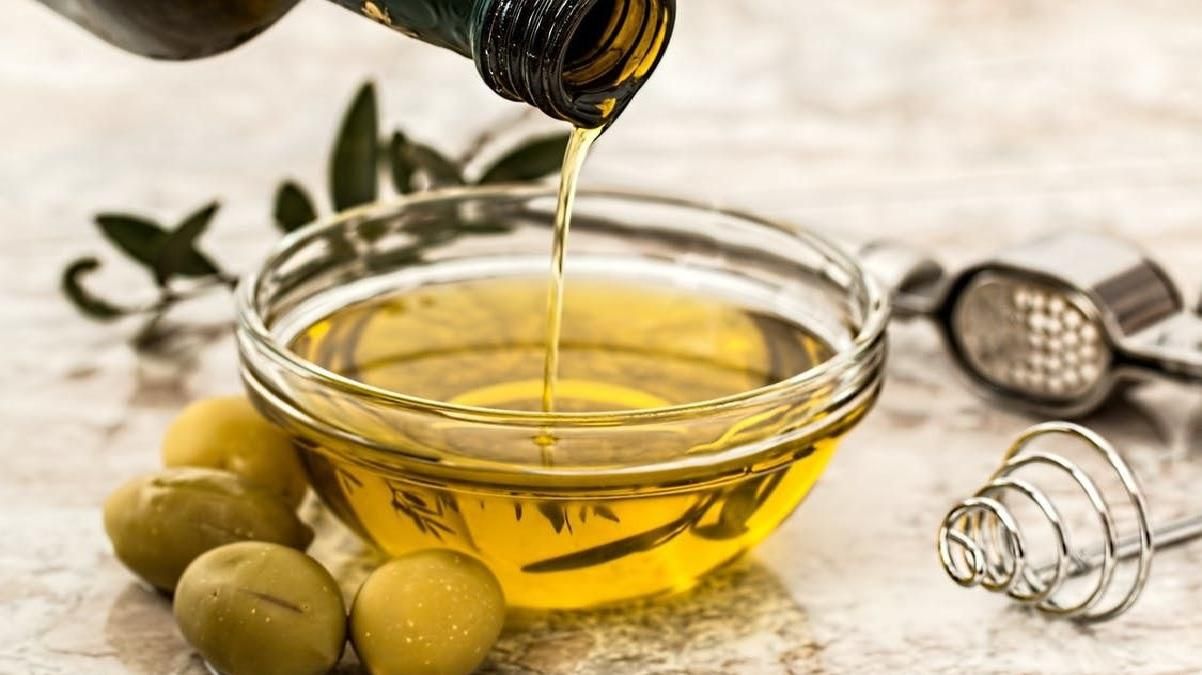Europe has almost run out of local olive oil supplies and is set for more shortages, after extreme weather damaged harvests for a second year.
The world’s largest producer has said it is having to import supplies from South America to keep up with demand.
“Today it is almost physically impossible to buy olive oil. It is sold out,” Walter Zanre, the chief executive of the UK arm of Filippo Berio, said.
Olive trees have been cultivated around the Mediterranean for thousands of years, with Spain alone producing half of the world’s supply of olive oil, but wildfires and soaring summer temperatures mean the future of this ancient industry is looking increasingly uncertain.
Global production is expected to fall to 2.4m tonnes according to the International Olive Council, less than last year’s harvest and well short of global demand of about 3m tonnes, after drought and heatwaves of more than 40 degrees hit production in Spain.
Extreme weather in other important growing regions including Greece, Italy and Portugal as well as Turkey and Morocco has added to the crisis.
Zanre said the company still had stock to meet its delivery demands but had been forced to import olive oil from Chile to cover the gap before the arrival of this year’s harvest, which begins in October, as wholesale supplies ran dry across Europe.
The size of this year’s harvest was now “a long way adrift” of historic norms, with Spain expected to produce 750,000 tonnes – more than the 660,00 produced in last year’s poor harvest but well short of the 1.3m tonnes or so that could be counted on in past years.
“We have been saddled with another difficult year,” said Zanre. “During the early part of the summer we thought things might get better but as the summer has progressed things have got worse.”
Farmers say their incomes have taken a hit as poor crops combine with rising costs on energy and labour.
Rafa Guzmán, an olive grower in Jaén – the cradle of Spain’s olive production – who also serves as the local head of Asaja, Spain’s biggest farming association, said some farmers were facing ruin as drought conditions continued to take their toll.
“The harvest here is down 70-80%,” he said. “There are some growers who haven’t even had a kilo of olives. Even if olive oil is selling for €8 a bottle, that’s not enough to keep them afloat.
“It’s just awful for people down here. There’s always been the odd bad harvest, like last year. But two bad harvests in a row? I can’t remember any – and I’m 50 and have been working the trees with my dad since I was a kid. There are people who had olives last year and have none this year. Some people may have to stop growing olives. We don’t know.”
Greece is expected to produce only 200,000 tonnes this year, a third less than last year after extreme heat and problems with fruit fly infestations.
Manolis Yiannoulis, the head of the Greek interprofessional olive oil association, said consumers were experiencing price increases of “more than 100%”.
“We’re looking at production rates being cut by half this year,” he said. “The imbalance in demand and supply has already led to very big price increases, which producers are enjoying but which are very much hurting consumers.”




